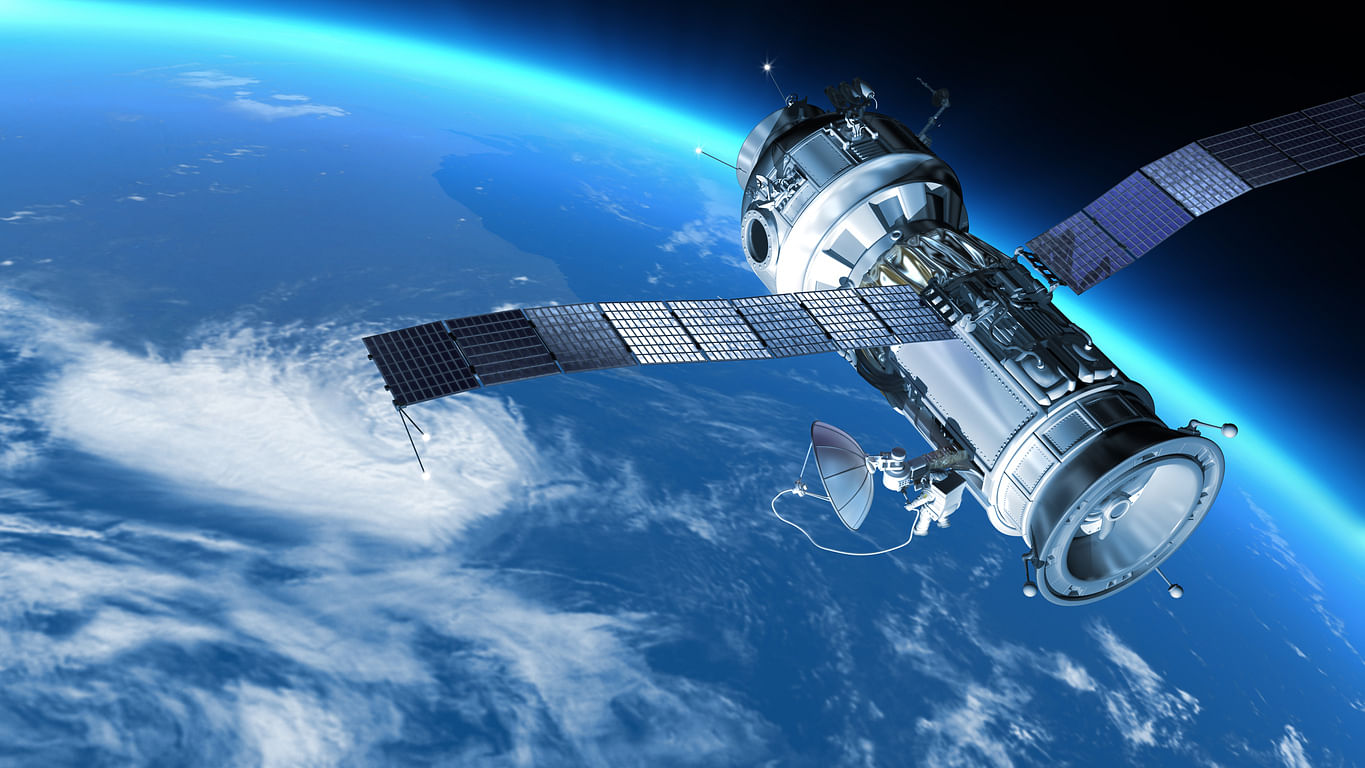
Space start-up Pixxel has signed an agreement with state-run NewSpace India Limited (NSIL) to launch the country's first private remote-sensing satellite on an ISRO PSLV rocket in early 2021.
The agreement is one of its kind after the establishment of IN-SPACe, the authorization and regulatory body under the Department of Space for enabling private players to undertake space activities in India, Pixxel said in a statement.
"The Department of Space is happy to have one of India's leading private space start-ups, Pixxel, onboard with this mission. We realize the potential that Pixxel's earth imaging satellites have to solve some pressing issues of our time and we are looking forward to a positive outcome from this launch," Department of Space Secretary K Sivan said in the statement.
"With the establishment of IN-SPACe, we will also be partnering with other private players that can help India achieve more milestones in the future," Sivan added.
Pixxel has announced plans to make and launch a constellation of 30 satellites between December 2022 to June 2023.
The company has also signed an agreement with in-space satellite transportation and infrastructure company Momentus Inc for launching its second satellite in 2021, with an option to fly again in 2022.
"We are very excited to initiate this ambitious journey in association with NSIL/ISRO. We are elated with the fact that India's first commercial private satellite will now launch on an Indian rocket. This is not only a proud moment for us as an organisation but also as citizens to work with our nation's capabilities," Pixxel CEO Awais Ahmed said.
The Department of Space and Pixxel will work in collaboration to enhance utilization and maximize the benefits of space assets for India, the statement said.
This first-of-a-kind private earth-observation mission will help provide solutions to many pressing environmental and agricultural issues among others and help make the world a better and more sustainable place, it added.
"Pixxel is building a constellation of earth imaging small satellites that will provide global coverage every 24 hours once fully deployed. The satellites will collect high-throughput information-rich data that will be analysed using AI and ML models to help make organisations more efficient in a plethora of sectors ranging from agriculture to urban monitoring among others," it said.